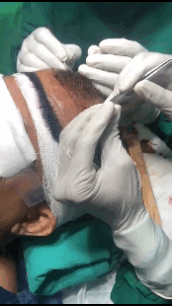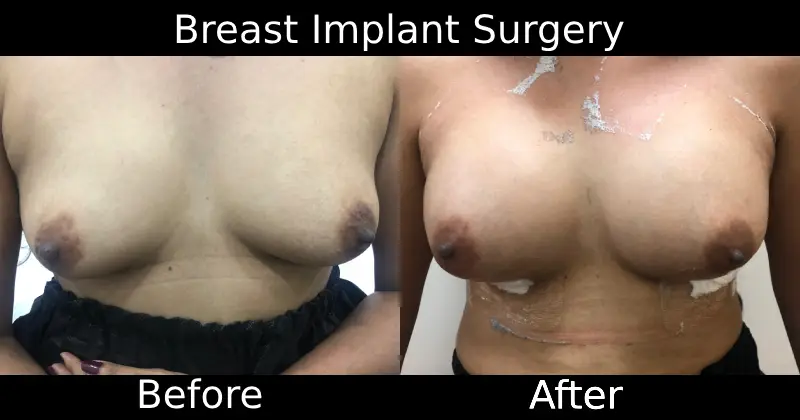Here are standardized pre-operative and post-operative protocols for cosmetic surgery. These protocols aim to ensure patient safety, minimize risks, and optimize healing and outcomes. While these guidelines provide general best practices, individual adjustments may be required based on the type of surgery and the patient’s unique medical profile.
About General Surgery
Pilates is a low-impact exercise method that focuses on strengthening the core, improving flexibility, and enhancing overall body awareness. Developed by Joseph Pilates, this form of exercise emphasizes controlled movements, proper alignment, and mindful breathing. Pilates can be adapted for various fitness levels and is beneficial for rehabilitation, athletic training, and general fitness.
Our Pilates services cater to individuals of all ages and fitness levels. Whether you are looking to improve your posture, build strength, recover from an injury, or enhance your athletic performance, our certified Pilates instructors will create a personalized program tailored to your goals. We offer both mat-based and equipment-based Pilates sessions in a supportive and motivating environment.
I find joy by doing almost any outdoor activity, including hiking, running, and exploring with our furbabies. I enjoy spending time with family and friends. I also strive to live mindfully and intentionally by creating uplifting routines and relaxing rituals.
Frequently Asked Questions
What is Pilates?
Pilates is a form of exercise that focuses on strengthening the core, improving flexibility, and enhancing overall body awareness through controlled movements, proper alignment, and mindful breathing. It can be done on a mat or using specialized equipment.
What are the benefits of Pilates?
What are the benefits of Pilates?
Pilates offers numerous benefits, including improved core strength, better posture, increased flexibility, enhanced balance, reduced risk of injury, and support for rehabilitation and pain management. It also promotes mindful movement and overall fitness.
Who can do Pilates?
Pilates is suitable for individuals of all ages and fitness levels. Whether you are a beginner, an athlete, recovering from an injury, or seeking general fitness, Pilates can be adapted to meet your needs and goals.
Do I need any prior experience to start Pilates?
No prior experience is necessary to start Pilates. Our certified instructors will guide you through the basics and create a program that matches your fitness level and goals. Beginners are welcome and encouraged to join.
What can I expect during a Pilates session?
During a Pilates session, you will engage in a series of exercises that focus on controlled movements, proper alignment, and mindful breathing. Sessions may include mat work or exercises on specialized equipment like the reformer, cadillac, and chair. Your instructor will provide personalized guidance and adjustments.
Gynaecomastia surgery
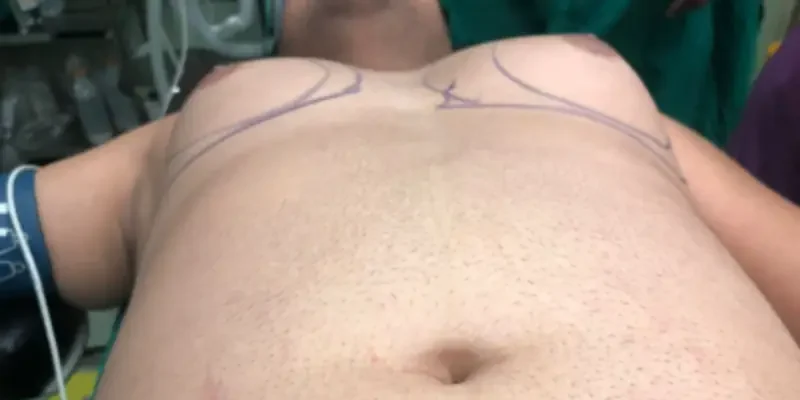
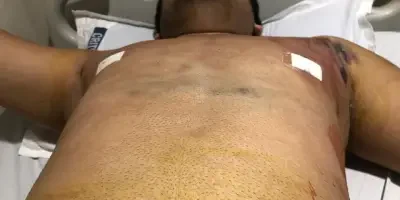
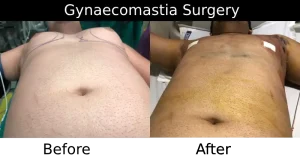
Standard Pre-Operative Protocol
1. Patient Assessment and Preparation
- Medical History and Evaluation:
- Detailed health history, including allergies, medications, supplements, and past surgeries.
- Assess pre-existing medical conditions (e.g., diabetes, hypertension) and manage accordingly.
- Lab Tests:
- Complete blood count (CBC), coagulation profile, and any additional tests specific to the patient.
- Electrocardiogram (ECG) for patients over 40 or with cardiovascular risk.
- Informed Consent:
- Explain the procedure, risks, benefits, and expected outcomes.
- Obtain written informed consent.
2. Lifestyle Modifications
- Smoking :
- Cease smoking and nicotine use at least 4–6 weeks prior to surgery to reduce healing complications.
- Alcohol :
- Avoid alcohol for at least 1–2 weeks prior to surgery to reduce bleeding risks.
- Medications :
- Stop anticoagulants (e.g., aspirin, warfarin, NSAIDs) 7–10 days prior after consulting the prescribing doctor.
- Discontinue herbal supplements that may affect clotting (e.g., ginseng, garlic, gingko) 2 weeks prior.
- Healthy Diet :
- Maintain a well-balanced diet rich in vitamins (especially C and A) and proteins.
- Stay hydrated in the days leading up to surgery.
3. Pre-Surgical Instructions
- Fasting : No food or drink for 6–8 hours before surgery (specific to general anesthesia cases).
- Skin Preparation : Wash with an antiseptic soap (e.g., chlorhexidine) the night before and morning of surgery.
- Clothing : Wear loose, comfortable clothing and avoid makeup, lotions, perfumes, or jewelry.
- Medications : Take prescribed medications (e.g., anti-anxiety drugs or antibiotics) as instructed.
- Logistics: Arrange transportation to and from the surgical center and post-operative care support for 24–48 hours.
Standard Post-Operative Protocol
1. Immediate Post-Op Care
- Recovery Monitoring :Monitor vital signs (heart rate, blood pressure, oxygen levels) immediately post-op.Observe for signs of anesthesia-related complications (e.g., nausea, vomiting, respiratory issues).
- Pain Management : Administer prescribed pain relievers (e.g., acetaminophen or opioids) as needed.
- Wound Care : Keep surgical dressings clean and dry.
- Avoid disturbing sutures or drains until follow-up instructions are given.
2. Home Care Instructions
- Rest and Activity : Rest for the first 24–48 hours, but avoid complete immobility to reduce the risk of blood clots.
- Gradually resume light activities, avoiding heavy lifting or strenuous exercise for 4–6 weeks.
- Compression Garments : Wear compression garments (if prescribed) to minimize swelling and support healing.
- Diet : Resume eating light, nutritious meals post-op, avoiding heavy or greasy foods initially.
- Stay well-hydrated.
3. Medications
- Antibiotics : Complete the prescribed course to prevent infection.
- Pain Relief : Use over-the-counter or prescribed painkillers as needed.
- Anticoagulants : Resume anticoagulants (if applicable) as directed.
4. Follow-Up Appointments
- Attend all follow-up visits to monitor wound healing and address complications.
- Suture removal or wound care adjustments are typically done 5–14 days post-op.
5. Long-Term Care
- Scar Management : Use silicone gel sheets, creams, or laser treatments as advised.
- Sun Protection : Avoid direct sun exposure on scars for at least 6–12 months.
- Lifestyle : Avoid smoking and alcohol until fully healed (typically 6–8 weeks).
- Maintain a healthy diet and hydration to support ongoing recovery.
Common Post-Operative Risks to Monitor
- Signs of Infection : Redness, warmth, swelling, fever, or discharge from the incision site.
- Bleeding or Hematoma : Excessive bleeding or pooling of blood under the skin.
- Delayed Healing : Particularly in smokers or those with poor circulation.
- Deep Vein Thrombosis (DVT) : Leg pain, swelling, or shortness of breath should be reported immediately.
These protocols should always be tailored to the specific type of cosmetic surgery (e.g., rhinoplasty, liposuction, facelift) and patient-specific factors .


